What can research on human and non-human animals learn from each other? Insights from the study of collective behaviour
The idea for this satellite symposium is to build bridges between the computational social sciences community and the collective behavior community and to draw connections between fundamental mechanisms of behavior in human and non-human animals. The satellite symposium is hosted by the Centre for the Advanced Study of Collective Behaviour at the University of Konstanz, Germany. We succeeded in bringing together a remarkable group of outstanding early career researchers who will present their exciting research along those lines, and they will discuss the connections with each other and the audience in a panel discussion at the end of the session.
Event date: Tuesday 27th of July, 2021 from 15:00 to 18:00 via zoom.
To view the symposium talks, please click on the talk titles below.
| Time | Presenter | Talk |
|---|---|---|
| 15:00 - 15:05 | Prof. Dr. Wolfgang Gaissmaier (University of Konstanz, Germany) | Introduction |
| 15:05 - 15:30 | Dr. Ariana Strandburg-Peshkin (Max Planck Institute of Animal Behavior & University of Konstanz, Germany) | Communication and coordination in collectives |
| 15:30 - 15:55 | Dr. Helge Giese (University of Konstanz, Germany) | How experimental network coordination games may help us understand opinion dynamics in groups |
| 15:55 - 16:20 | Dr. Lisa O’Bryan (Rice University, USA) | Lessons from the Study of Collective Behavior in Human and Non-Human Social Groups |
| 16:20 - 16:30 | BREAK | |
| 16:30 - 16:55 | Dr. Wataru Toyokawa (University of Konstanz, Germany) | Understanding human collective decision making through a reinforcement learning framework |
| 16:55 - 17:20 | Dr. Joseph Bak-Coleman (University of Washington, USA) | Ecology in social science bottles: Applying ecological theory to understand behavior online |
| 17:20 - 18:00 | All | Panel discussion |
Presenters
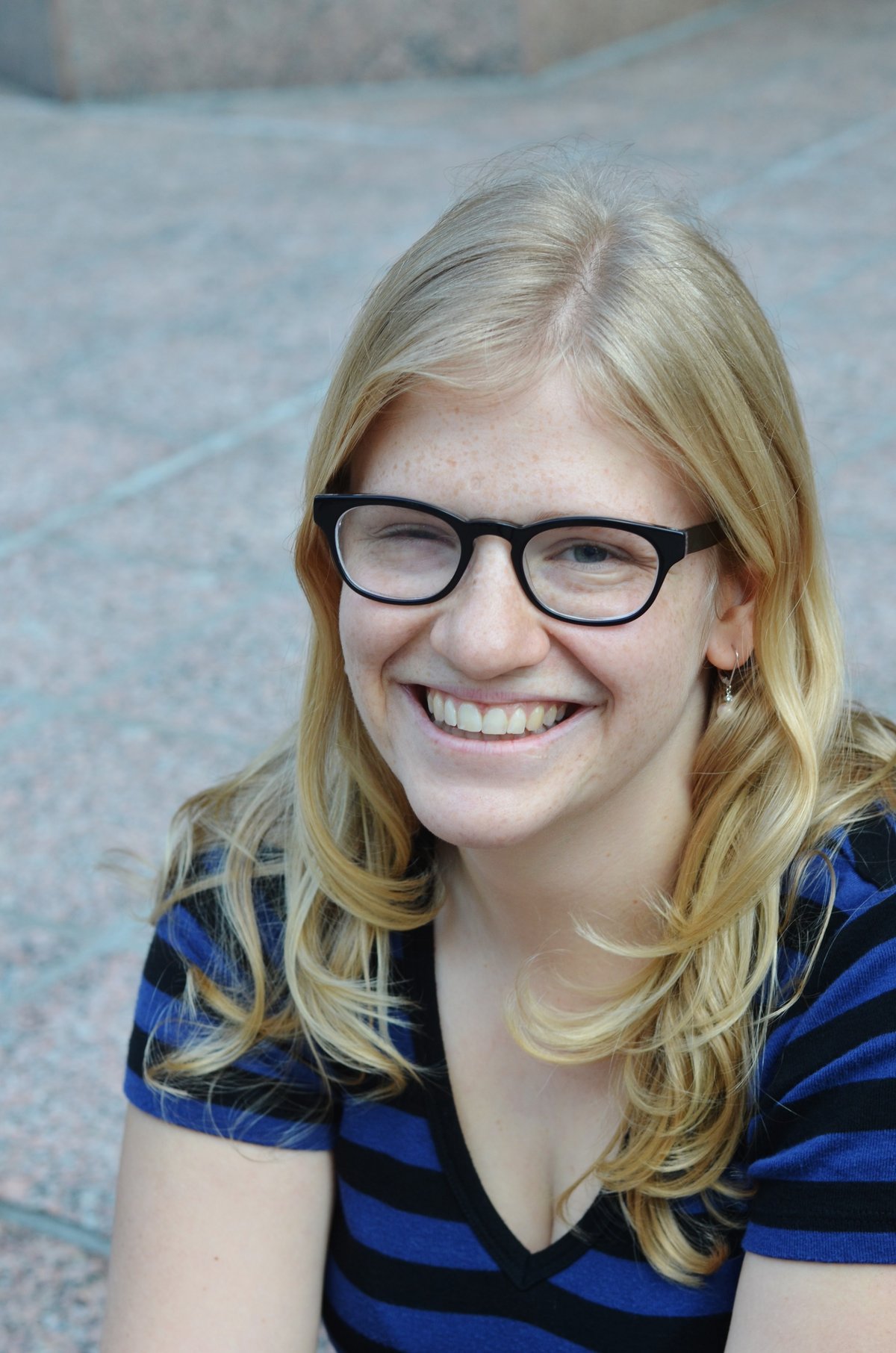
Dr. Ariana Strandburg-Peshkin (Max Planck Institute of Animal Behavior & University of Konstanz, Germany)
Title: Communication and coordination in collectives
Description: I study the mechanisms and consequences of collective behavior in biological and social systems. I am especially interested in understanding how animal groups make collective decisions and coordinate collective action, and in particular how these processes are affected by the social relationships between group members and the communication strategies they employ. I work across a range of study systems to tackle these questions, in close collaboration with researchers across a variety of disciplines.
Bio Sketch: Ariana Strandburg-Peshkin is a research group leader jointly affiliated with the MPI-AB Ecology of Animal Societies Department and the University of Konstanz Biology Department. Originally from Chicago, she did her undergraduate degree in Physics at Swarthmore College, then did her PhD in Quantitative and Computational Biology at Princeton University. She then moved across the pond to Europe, where she held post doc positions at the Max Planck Institute for Ornithology and the University of Zurich before moving to Konstanz in 2018.
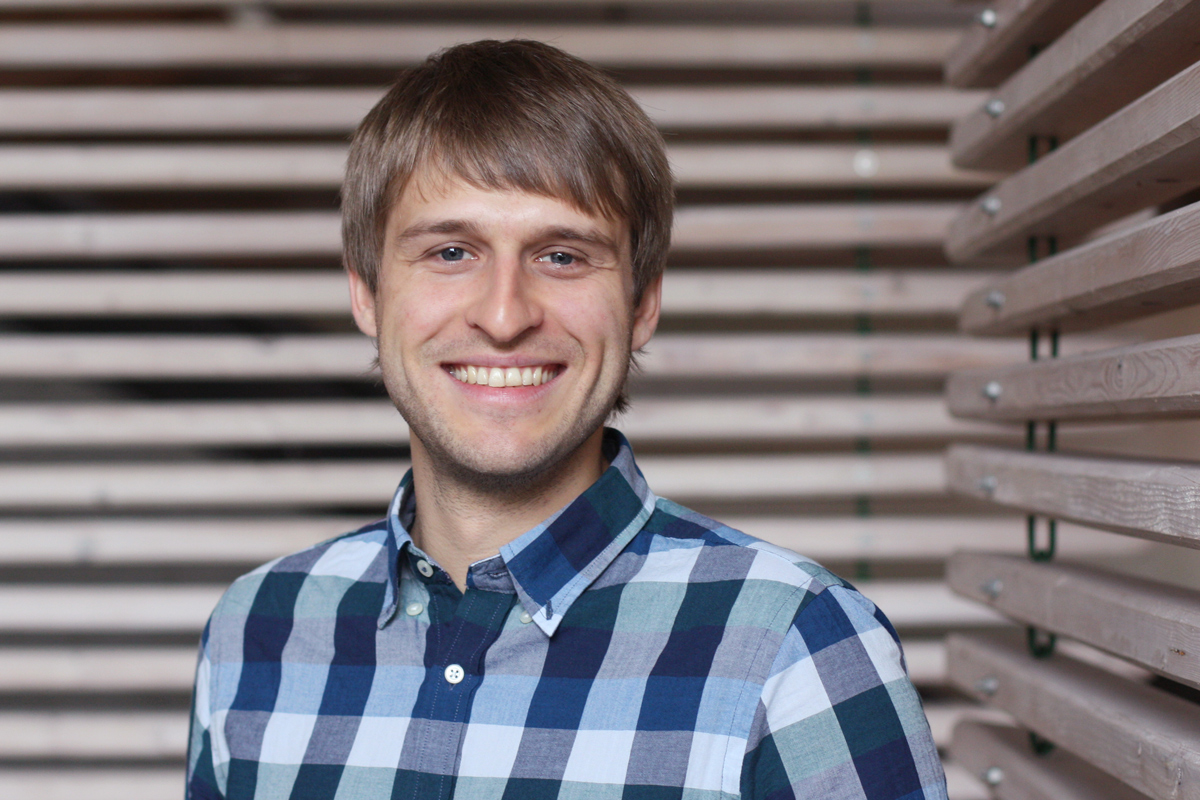
Dr. Helge Giese (University of Konstanz, Germany)
Title: How experimental network coordination games may help us understand opinion dynamics in groups
Description: While the processes of reaching agreement are of focal interest both in animal and human group research, most of it is based on observational data. In this talk, I would like to highlight how experimental paradigms may be introduced as a model to further our knowledge in group opinion dynamics and thereby tackle problems both in the realms of animals and humans.
Bio Sketch: Dr. Helge Giese is a social psychologist interested in the social influences on human behavior and decision making. Specifically, he is collaborating with biologists, computer scientists, and public health researchers to understand and mitigate the polarization of opinions in groups. To this end, he recently also joined the Centre for the Advanced Study of Collective Behaviour at the University of Konstanz.
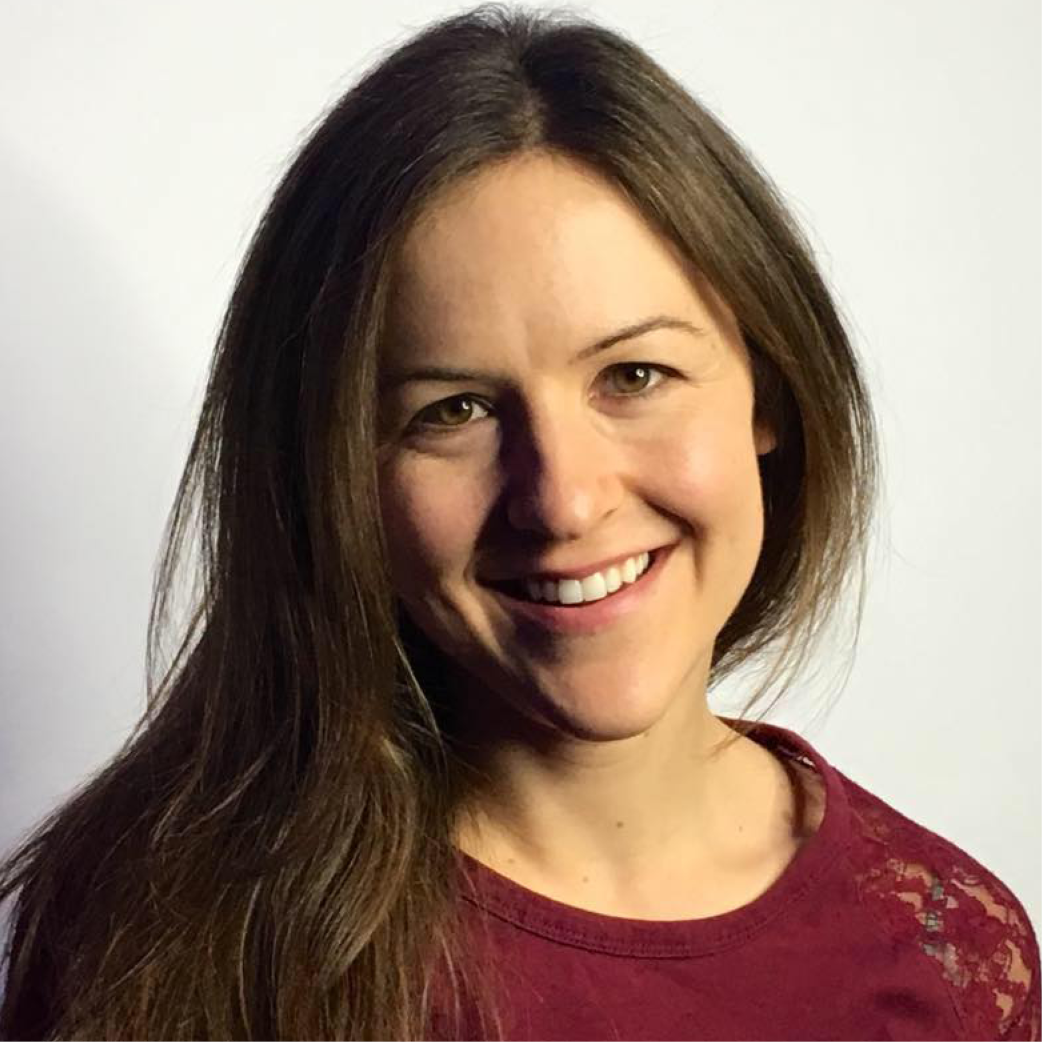
Dr. Lisa O’Bryan (Rice University, USA)
Title: Lessons from the Study of Collective Behavior in Human and Non-Human Social Groups
Description: My research focuses on how vocal communication both influences, and is influenced by, individual and group-wide properties, with the aim of better understanding the mechanisms underlying the successful (and unsuccessful) functioning of social groups, both non-human and human. In this talk I will discuss my current work studying how vocalizations influence the collective movements of wild baboons as well as how conversational turn-taking impacts the decision-making and collective intelligence of human teams. Throughout the talk I will highlight how studies of collective animal behavior have influenced my approach to studies of human groups and vice versa.
Bio Sketch: Dr. Lisa O’Bryan is a Junior Fellow at Rice University in the USA. Her research focuses on the role communication plays in the structure and function of social groups (both animal and human) and also how the dynamics of these groups and their broader environment affect communication patterns.
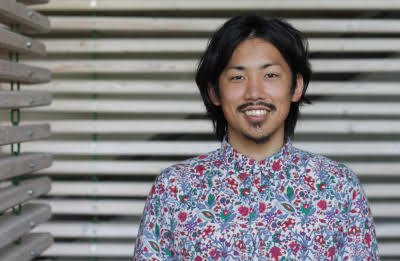
Dr. Wataru Toyokawa (University of Konstanz, Germany)
Title: Understanding human collective decision making through a reinforcement learning framework
Description: Collective behaviour is a temporally dynamic process where individuals update their beliefs and knowledge through their own experience under social interactions. Updated knowledge will then elicit new behavioural patterns, shaping the form of social interactions. The reinforcement learning (RL) framework can nicely capture such dynamic processes, allowing us to bridge together experimental behavioural data and theory of collective behaviour. Using my recent works as an example context, I will present how a simple RL process could provide a general principle underlying seemingly distinguished phenomena such as collective intelligence, maladaptive herding, and self-organisation.
Bio: Dr. Wataru Toyokawa is a research scientist at the University of Konstanz. His research focuses on the computational underpinnings of human social learning and their relationships with group decision making and collective behaviour. Using mathematical modelling and Bayesian statistical methods, he is quantitatively approaching human social behaviour and group dynamics. He obtained his PhD in Behavioural Science from Hokkaido University, Japan. Before the present position he obtained the JSPS Research Fellowship where he worked at the University of St Andrews, Scotland.
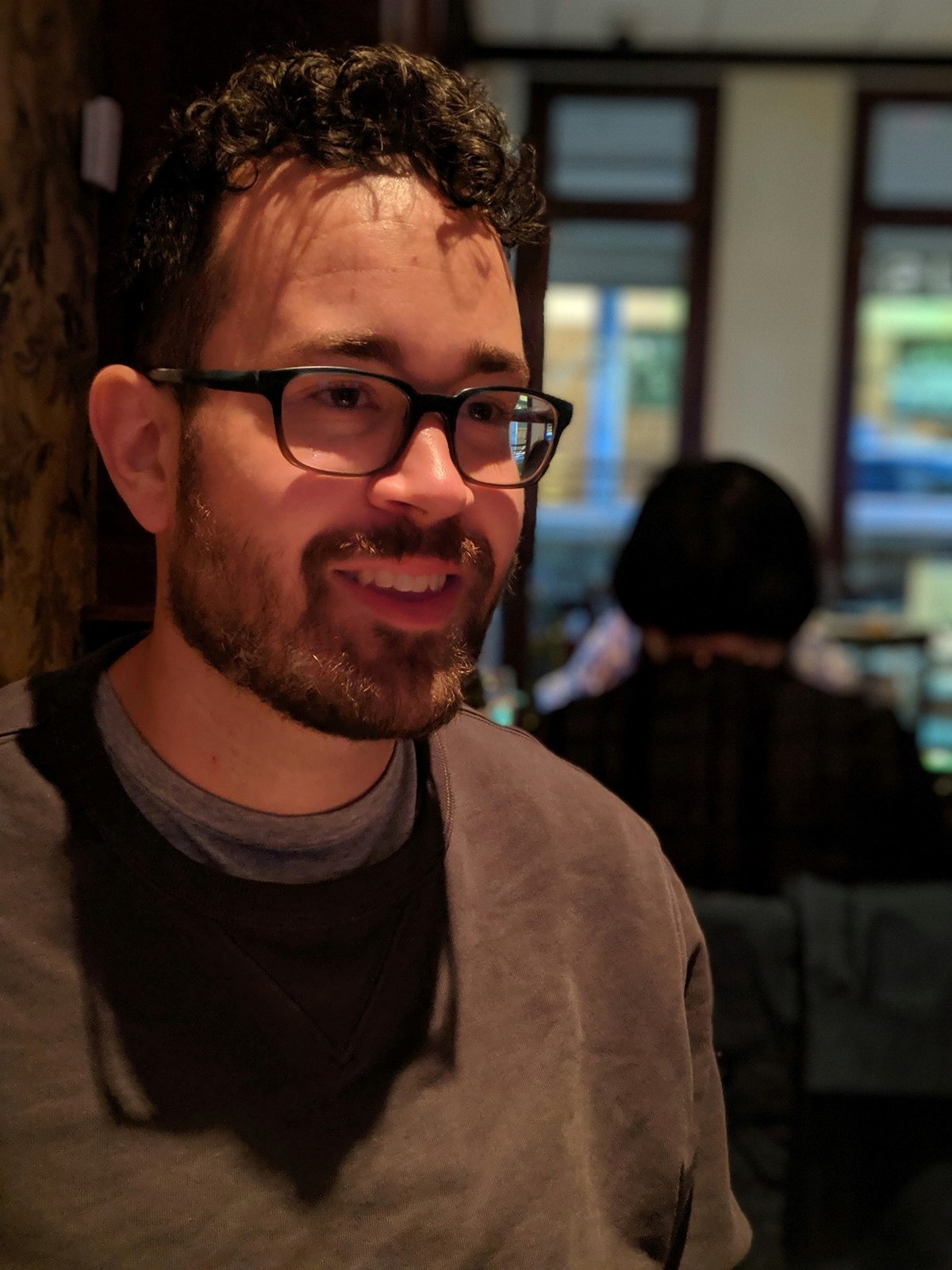
Dr. Joseph Bak-Coleman (University of Washington, USA)
Title: Ecology in social science bottles: Applying ecological theory to understand behavior online
Description: We’ve adopted technology at global scales without a coherent theory of what will happen or how to mitigate harms. Drawing on insight from collective behavior and complexity science, I’ll make the case that we can infer our increasingly digital social systems are likely unstable and require stewardship. I’ll highlight how models from ecology are important tools for bridging the gap between our knowledge and the challenge at hand, providing examples from my own research.
Bio Sketch: Dr. Joe Bak-Coleman is a postdoctoral fellow at the University of Washington Center for an Informed Public. His research focuses on how the actions and interactions of group members give rise to broader patterns of collective action. He is particularly interested in understanding how communication technology alters collective decision-making and the spread of information. To ask these questions, he uses a combination of online experiments, observational data and mathematical modelling. Joe Bak-Coleman earned his Ph.D. in Ecology and Evolutionary Biology at Princeton University. Prior to working on human collective behaviour, he studied the behaviour of animal groups zebra herds to fish schools.
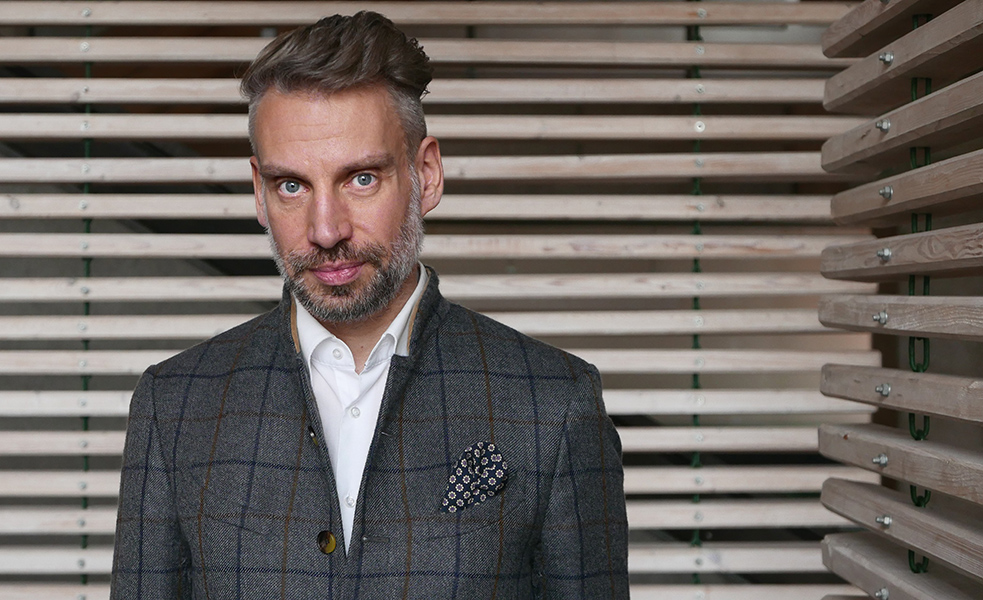
Introduction and host: Prof Dr. Wolfgang Gaissmaier (University of Konstanz, Germany)
Bio Sketch: Prof. Dr. Wolfgang Gaissmaier has been a Full Professor of Social Psychology and Decision Sciences at the University of Konstanz, Germany, since 2014. His research investigates how people make decisions under risk and uncertainty, how these decisions are shaped by others, and how risks can be communicated more successfully to help people make better decisions, particularly in the realm of health and medicine. Since 2021, he is one of the speakers of the Cluster of Excellence “Centre for the Advanced Study of Collective Behaviour” at the University of Konstanz.
